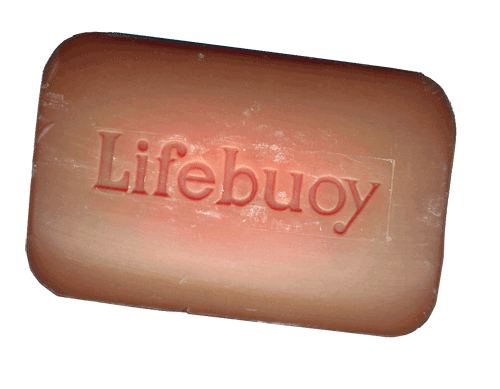small investments
 Unilever India. Lifebuoy soap There was a thing on the radio this morning: BBCs Global Business, talking about a campaign to get everyone in the world to wash their hands after using the toilet. Diarrhoea kills a million children each year, preventable by simple hand-washing with soap. So Unilever, Proctor & Gamble – all the big corporations that make soap were approached and a strategy to provide both soap and initiative launched.
Unilever India. Lifebuoy soap There was a thing on the radio this morning: BBCs Global Business, talking about a campaign to get everyone in the world to wash their hands after using the toilet. Diarrhoea kills a million children each year, preventable by simple hand-washing with soap. So Unilever, Proctor & Gamble – all the big corporations that make soap were approached and a strategy to provide both soap and initiative launched.
One of the most interesting things was to do with the size of the bar of soap. The standard 500g bar is too expensive for the world's poor: it isn't that the soap is too expensive, but the investment in a large bar is impossible if one's income comes in daily and is spent daily. By experimenting with 100g and 50g bars, it was found the the 100g bar of soap was both affordable and purchased.
This is an example of C K Prahalad's theory that there are vast markets at the bottom on the economic scale: sell millions of small things cheaply for much the same return as selling a couple of large expensive products. Two loaded Ferraris or 2000 Tatas.
Prahalad felt that the poorest of the poor, who have ambitions and aspirations, make deliberate choices about where they put what money they have. Their capital may be small, but it is capital nonetheless. Discounting it because it is small and erratic, denies the poor access to many of the products that could improve their lives in terms of nutrition and health – the poor are denied any agency that their small incomes might give them. Prahalad's view of capitalism from the bottom was tied to the issue of human rights. He died a couple of months ago; he was only 68.
